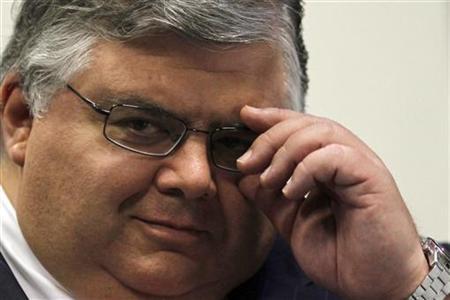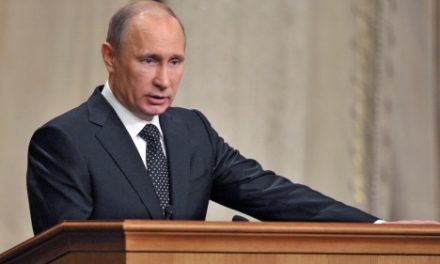Mexican central bank chief Agustin Carstens’ bid to run the International Monetary Fund is a long shot, in part because his policy views are seen as too conservative for many of his emerging market peers.Few dispute Carstens’ technical qualifications for the job, given he is a veteran of several financial crises in Mexico and has held senior posts at the IMF.But his perceived enthusiasm for orthodox economic theory could keep him from winning support from some developing nations, which see him as too right-wing. There are also concerns that he might not push strongly enough on reforms to give emerging markets more say at the IMF.
“He is the establishment,” said Sebastian Edwards, a former World Bank official who teaches international economics at the University of California, Los Angeles.
Carstens appealed this week for emerging market nations to back his candidacy to replace Dominique Strauss-Kahn, who resigned last week after being charged with attempted rape, and says he is “100 percent pro-reform.”
He has his supporters.
“Carstens brings critical distance, plenty of policy expertise and plenty of technical expertise,” said former IMF chief economist Simon Johnson.
However, some of the 52-year-old Carsten’s peers see him as too close to the neoliberal, market-friendly policies that were the hallmark of the IMF in previous decades.
A Brazilian government source said officials viewed Carstens as too orthodox, and fellow emerging market power China plans to support France’s Christine Lagarde, the French government has said. Indian government sources said a joint emerging market candidate was likely to be announced in two to three days, but Carstens was only one of the options.
Carstens, who early in his career was a foreign exchange trader, obtained a PhD in economics in 1985 from the University of Chicago, a haven for proponents of deregulation and laissez-faire economics.
A Chicago Cubs fan and once a little league baseball star in Mexico, he still makes time occasionally to pick up a bat and glove.
As Mexico’s finance minister from 2006 to 2009, he pushed reforms through Congress that privatized public sector pensions and boosted tax collection, moves that investors applauded but some leftists criticized.
He was also a deputy head of the IMF at the start of the last decade, a time when the Fund imposed tough conditions on an emergency credit line for Brazil.
In an interview with Reuters, Carstens said he had no links to any political party and his vision for the IMF was for the “voice of emerging markets to be heard more.” But he also said the mere fact of his participation in the selection process was the number one reform.
“I see myself as a spearhead of reform, the most important reform that the Fund can have is precisely to have a different process of selection for MD (managing director),” he said.
NUMBERS GAME
Carstens has a relatively low profile on the international stage, especially compared with his predecessor, Guillermo Ortiz, who was chairman of the Bank for International Settlements.
But he has won respect for his handling of crises and reforms to make the Bank of Mexico more transparent.
“He is orthodox in thinking but pragmatic in operation,” said Mario Blejer, a former Argentine central bank governor who has known Carstens for a quarter century.
Carstens was involved in Mexico’s external debt renegotiations in 1989 and helped secure a special credit line from the IMF during the 2008-2009 financial crisis.
His bid to become the first non-European to head the IMF is part of a wider effort by fast-growing emerging nations to win a larger role in global organizations.
But the reality is that while Europe unites behind France’s Lagarde, emerging market nations are likely to put up multiple names — thus diluting the chance of any emerging market candidate winning the top job.
“The main disadvantage for Mr. Carstens is to be a unilateral candidate among other potential prospects from emerging economies,” said Alfred Coutino, Latin American director of Moody’s Analytics.
“This raises the potential problem of a competition between a strong unified European candidate and more than one candidate from a dispersed emerging world.”
U.S. and Canadian officials said both Carstens and Lagarde were good candidates, but have not hinted at how they will vote. Carstens himself was philosophical about the lack of immediate support from big emerging market countries and said he did not expect any backlash from his IMF years.
“I don’t remember any processes in which the person on the other side of the table refused to shake my hand,” he said of his time at the IMF, when he was responsible for an area that included more than 70 countries, ranging from Greece and Portugal to Pakistan.



















